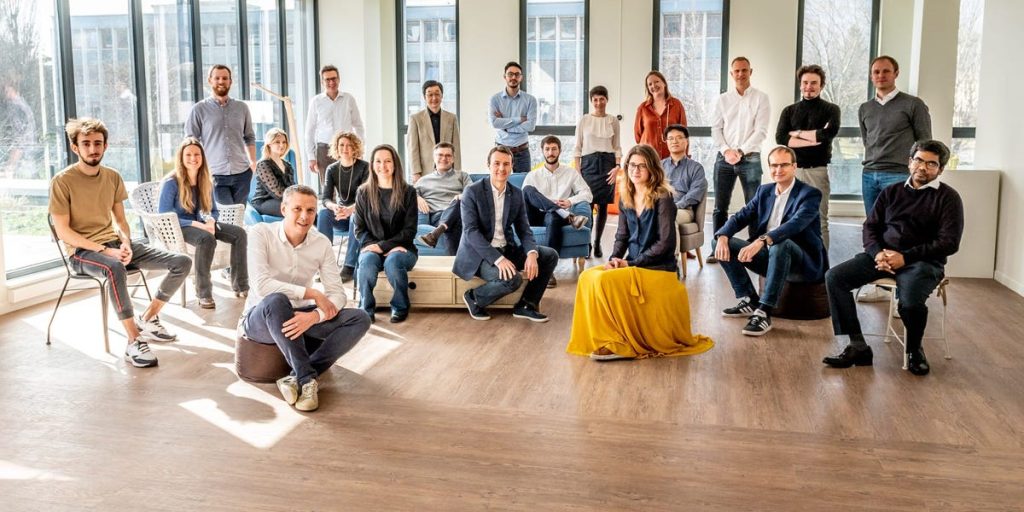There appears to be a sense of cautious optimism building among Europe’s late-stage investors.
Funding to growth-stage companies has been hammered in recent years, with the exception of some eyebrow-raising rounds into the region’s hottest AI startups like Aleph Alpha, Mistral, and ElevenLabs in 2023.
Climate players like French battery maker Verkor and Sweden’s H2 Green Steel also managed to secure sizable rounds in what was a slow year for VCs.
But 2024 brings with it a new landscape, one that is increasingly devoid of so-called “tourist” funds like Tiger Global, which pumped billions of dollars into startups during the pandemic. Many of these funds have since retrenched – hard.
“We are entering a very exciting time for venture and as ‘tourists’ are vanishing from the ecosystem,” Evgenia Plotnikova, a partner at London-based Dawn Capital, told Business Insider.
Tiger’s anemic investing, alongside the withdrawal of other large US and Asian institutional investors, contributed to growth funding in the region dropping by 52% to $20.6 billion last year, Dealroom data shows. In the first nine months of 2023, there were just 36 rounds of $100 million or more, compared with hundreds in the past two years.
Perhaps unsurprisingly, AI was the only major recipient of $100 million-plus rounds, with 11 AI startups raising growth capital in 2023, per Atomico’s State of European Tech Report.
Growing complexities
Investors are still keen on companies that have reduced their burn rates while still demonstrating they can grow. Deals for such businesses are going to be more complex than they have been in the past, according to Julian Rowe, a partner at London-based Latitude, told Business Insider.
Rowe said funding rounds for late-stage businesses will be more difficult in 2024, with the potential for structure to re-enter private tech rounds.
“These rounds could require more negotiation as new investors look to align with founders and current shareholders in round design,” he added.
While AI startups remained somewhat resilient against the growth funding downturn, it will not be the only exception in 2024, according to Index Ventures partner Paris Heymann.
Heymann identified areas including cloud infrastructure, digital transformation, and cybersecurity as those that are still capturing the attention of late-stage investors.
“This year has been a tale of two cities in the private late-stage world, mirroring what we’ve seen in the public tech market,” he told BI.
Exits on hold
Public markets were – at best – muted in 2023.
There were a few choice IPOs in the US – notably Arm’s $55 billion listing – in what was a depressed year for public issuance. 2023 also recorded a multi-year low in the number of M&A deals worth over $1 billion in both Europe and the US.
“The IPO window remains more or less closed for the time being, and M&A volume for European VC-backed companies, which historically has been relatively constant each year, are at a record low,” Martin Kruge Ericsson, a partner at Eight Roads Ventures in Europe, said.
Kruge Ericsson said the consensus view was that interest rates had peaked and would start falling from this year on.
“Hopefully, this will support a proper opening of the IPO window and increase M&A activity from strategic,” he said. “Until then, I would advise later-stage startups to postpone an exit process if they can.”
Many companies, most likely public market players in Europe like Monzo, Revolut, and Klarna, will remain in something of a holding pattern with the industry requiring them to stay in “wait-and-see mode” while the global economy adapts to potentially lower interest rates in the future.
2023 closed out with a disappointing $77 billion worth of VC deals in Q4, the lowest quarterly total since early 2019, according to PitchBook data.
But that marks an opportunity for the industry to tick up from a real low point. General Catalyst’s Juliet Bailin said 2024 gave operators a chance to “shake off their Big Tech golden handcuffs.”
Read the full article here




